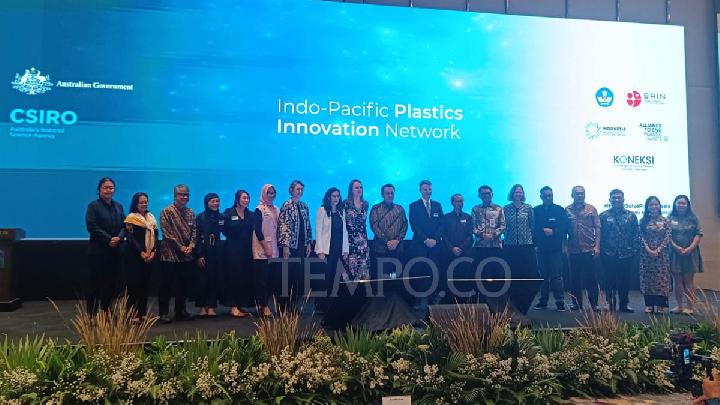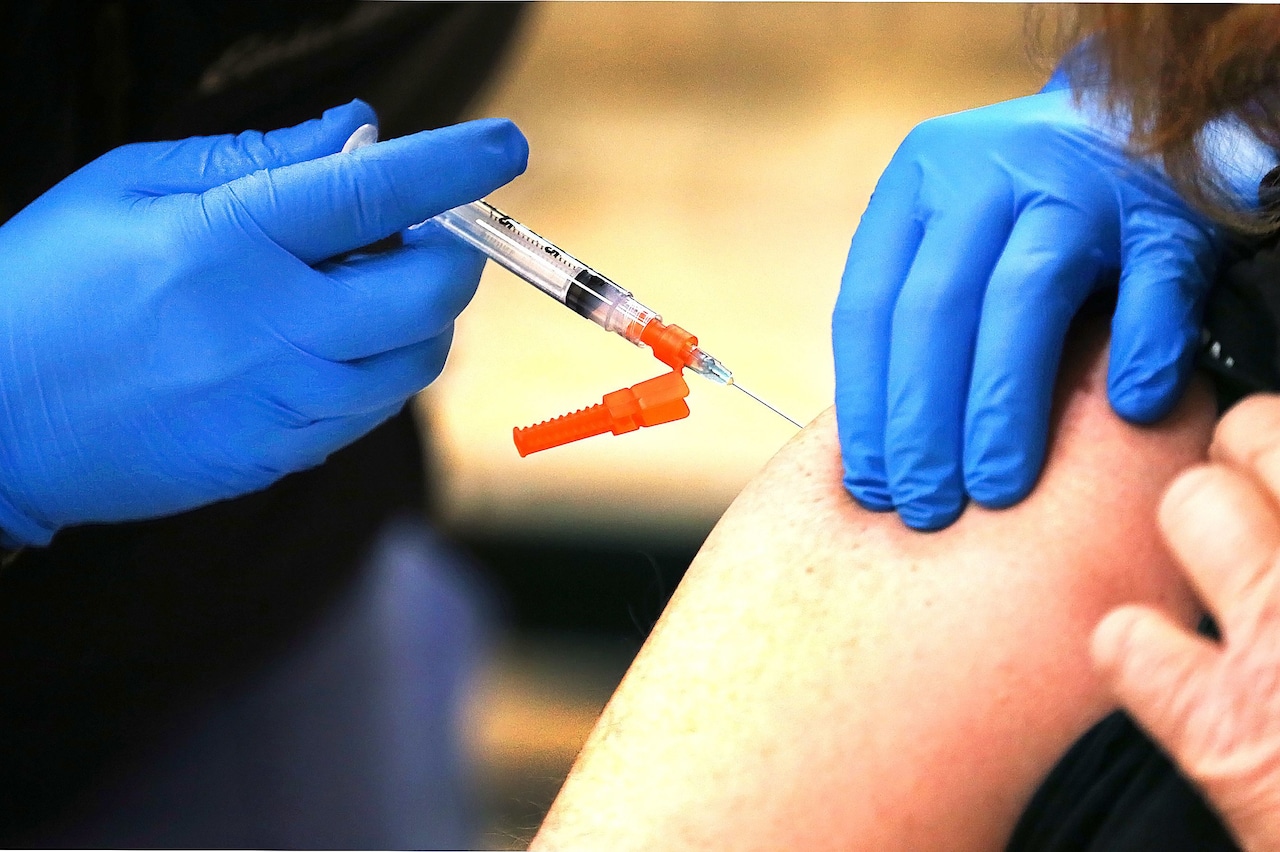Copyright tempo

TEMPO.CO, Jakarta - The Australian government, through the Indo-Pacific Plastics Innovation Network (IPPIN) program, has allocated approximately Rp13 billion for innovative plastic waste reduction in Indonesia. IPPIN, supported by the Australian government and the Alliance to End Plastic Waste, is organized by Australia's national science agency (CSIRO) in collaboration with Indonesia's National Research and Innovation Agency (BRIN), the National Plastic Action Partnership (NPAP), and the Ministry of Research, Technology, and Higher Education (Kemdiktisaintek).Amelia Fyfield, CSIRO's Director for Southeast Asia, stated in a press conference on Tuesday, October 28, 2025, in Jakarta, "Since 2022, IPPIN Chapter Indonesia has supported 85 initiatives addressing waste management challenges in Indonesia."IPPIN is a regional platform that promotes the testing and development of sustainable circular economic solutions. This program plays a crucial role in helping entrepreneurs transform waste challenges into sustainable solutions."Plastic pollution is a common challenge for Indonesia and Australia. However, it also presents a joint opportunity for us to, with the spirit of collaboration, creativity, science, and entrepreneurship, protect the oceans, strengthen the economy, and build a better region," Fyfield added.During the event, IPPIN Chapter Indonesia also held a Demo Day to bring together innovators, policymakers, investors, and industry leaders to accelerate innovations in plastic management.Leading Indonesian innovators presented cutting-edge solutions for plastic waste. The presentation session showcased 11 initiatives selected to face the panelists and audience, with the hope of expanding the programs owned by Indonesian innovators.One of the panelists, Dit Rveille (DR), showcased furniture made from recycled plastic.There is also Containder, which collects plastic waste and exchanges it for carbon credits, a program previously verified by the state-owned enterprise Sucofindo.IPPIN has also connected other startups in Indonesia, such as Djamu, which transforms bottle caps into weaving yarn and recycled plastic fibers. Additionally, Nuplas Solutions prevents the disposal of used fishing nets by creating a system to collect and recycle them.Concrete Solutions to the Plastic Waste IssueWaste remains a consistent issue in Indonesia to this day. According to the National Research and Innovation Agency (BRIN) research, "the national waste pile reaches 31.9 million tons. Out of the total national waste production, 63.3 percent or 20.5 million tons can be managed, while the remaining 35.6 percent or 11.3 million tons of waste is not handled."Based on a World Bank report, it is estimated that in 2021 alone, 346.5 kton/year (estimated range of 201.1 - 552.3 kton/year) of plastic waste was discharged into the sea from land sources in Indonesia. Two-thirds of this waste comes from Java and Sumatra.A BRIN report has revealed one of the impacts of plastic waste in Indonesia: the presence of microplastics in the rainwater in Jakarta that "does not stop in the ocean, but rises to the sky, carried by the wind, and falls back to the ground with the rain."Editor's Choice: Jakarta to Operate Rorotan RDF Facility to Combat Microplastic PollutionClick here to get the latest news updates from Tempo on Google News



